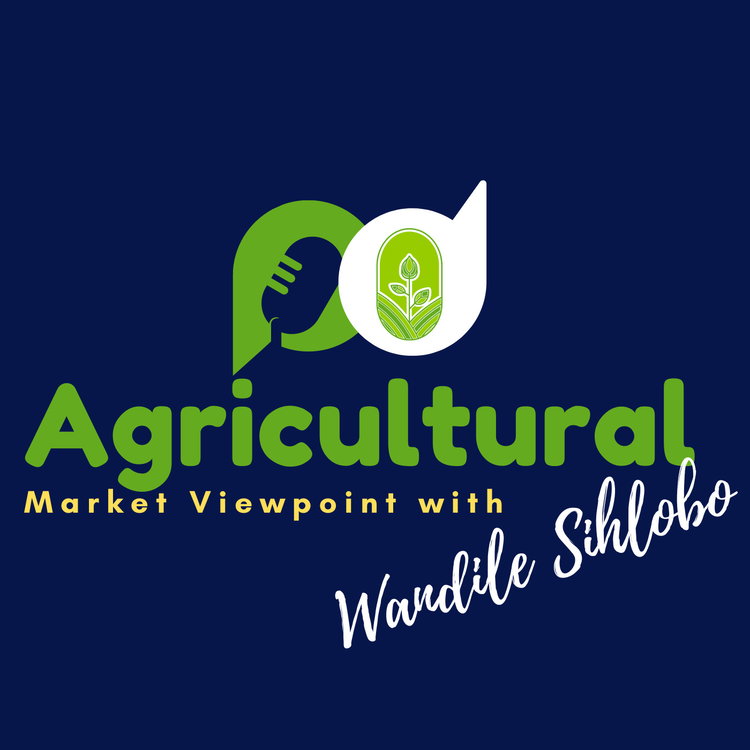
Achieving inclusive growth in South Africa's agriculture under the Government of National Unity
Loading player...
The SA agriculture sector is not immune to politics. Agriculture is a vital sector of the economy. This explains why it earned special attention in the National Development Plan (NDP), with an entire chapter, Chapter Six, dedicated to it.
Recently, there have also been pragmatic plans such as the Agriculture and Agro-processing Master Plan (AAMP) that set out practical steps to realize a vision to grow the sector and bolster its global competitiveness while achieving inclusion and transformation.
The sector must not be a casualty of politics. It is a force for good in growing the South African economy and advancing the country's place on the global map. The Government of National Unity must keep the agricultural sector uppermost in their mind. This is a sector that should offer an avenue of convergence across the political spectrum: it is crucial for rural development, food security, and employment creation.
What should priority areas be in achieving a consensus across the different political persuasions?
Some of the critical areas that deserve emphasis include protecting property rights. Moreover, the government should continue to release the state's over two million hectares of land acquired over the past few decades to appropriately selected beneficiaries. Title deeds should be a priority as they lend these beneficiaries much-needed dignity and a source of financing.
Still, releasing the government's land should not be the end-all for the land reform programme. Land reform should continue through all its existing levers: redistribution, restitution, and land tenure.
To successfully achieve transformative outcomes in agriculture, state capacity should be reinforced. The various directorates in the government that run programmes associated with land reform must be bolstered, and corruption must be dealt with decisively so that the resources for land reform reach the intended beneficiaries.
Listen to the podcast for a detailed reflection.
My writing on agricultural economic matters is available on my blog: https://wandilesihlobo.com/
Podcast production by Lwandiso Gwarubana, Richard Humphries, and Sam Mkokeli
Recently, there have also been pragmatic plans such as the Agriculture and Agro-processing Master Plan (AAMP) that set out practical steps to realize a vision to grow the sector and bolster its global competitiveness while achieving inclusion and transformation.
The sector must not be a casualty of politics. It is a force for good in growing the South African economy and advancing the country's place on the global map. The Government of National Unity must keep the agricultural sector uppermost in their mind. This is a sector that should offer an avenue of convergence across the political spectrum: it is crucial for rural development, food security, and employment creation.
What should priority areas be in achieving a consensus across the different political persuasions?
Some of the critical areas that deserve emphasis include protecting property rights. Moreover, the government should continue to release the state's over two million hectares of land acquired over the past few decades to appropriately selected beneficiaries. Title deeds should be a priority as they lend these beneficiaries much-needed dignity and a source of financing.
Still, releasing the government's land should not be the end-all for the land reform programme. Land reform should continue through all its existing levers: redistribution, restitution, and land tenure.
To successfully achieve transformative outcomes in agriculture, state capacity should be reinforced. The various directorates in the government that run programmes associated with land reform must be bolstered, and corruption must be dealt with decisively so that the resources for land reform reach the intended beneficiaries.
Listen to the podcast for a detailed reflection.
My writing on agricultural economic matters is available on my blog: https://wandilesihlobo.com/
Podcast production by Lwandiso Gwarubana, Richard Humphries, and Sam Mkokeli

